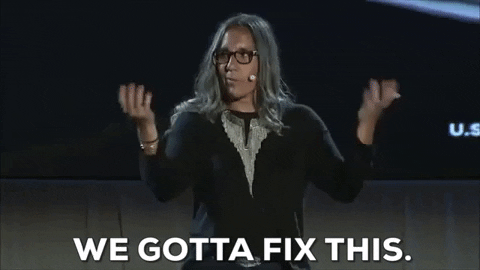After a brief dip last month, natural gas prices in Europe are surging (again) and sending inflation soaring across the region.
According to the European Commission (EC), fixing prices could be an answer.
Driving the news: The EC is scrambling to enforce price controls in response to Russia’s move to turn off the Nord Stream I pipeline indefinitely (or at least until sanctions are lifted).
- European leaders are accusing Russia of weaponizing energy by cutting supply and manipulating markets, then using the new revenue to finance the war in Ukraine.
- According to the commission, one aim of a price cap on Russian gas would be to cut off that economic lifeline, per the Financial Times.
Why it matters: Price controls, which governments have largely avoided since the 1970s, are back in vogue, driven by fears that energy inflation will make basic needs unaffordable.
- Many countries are slashing taxes on energy or offering subsidies. But with price caps, governments typically pay the difference between market rates to energy firms.
- This will no doubt lead to a massive payout for energy companies, so the EU is also working to introduce a system that will tax those enjoying artificially inflated profits.
The EC’s recommendations (to be approved) will focus on reducing demand and include two price cap options: One on Russian energy and another tailored to a country’s energy mix.
Yes, but: Price caps can limit incentives to save energy. In Hungary, the fuel-price cap has caused such a surge in demand that the government is revisiting its eligibility requirements.
Bottom line: If there is a solution to the energy crisis, it’s a messy one that will involve multiple new measures and an unprecedented level of coordination among EU countries.
Price caps are the theme of the week, but as a refresher, there are ongoing conversations around reducing demand, upping reserves, and decoupling electricity prices from gas, too.
